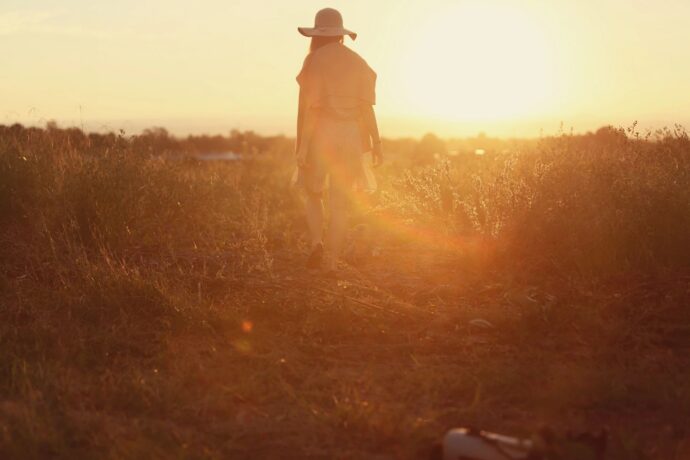Stand firm.
That’s the exhortation Peter gave to the early church in the letter we know as 1 Peter. And it’s an exhortation they needed, because there were good reasons for them to NOT stand firm.
Peter’s audience in the church were primarily believers that came from a Gentile background. They had believed the gospel, and as a public testimony of that belief, had been baptized into Christ. And now they were experiencing a kind of localized persecution from their neighbors. This persecution was not yet the kind of government sanctioned, widespread persecution that would soon come in the Roman Empire under Nero, but it was present nevertheless. These were people experiencing the rejection of neighbors and family. They were feeling the isolation that came from being ostracized from community life. They were feeling the financial strain of being put to the side of their towns and villages. And all of these things were coming together to press in on them. Social pressing. Relational pressing. Familial pressing. Financial pressing.
And in light of all that pressing, what has Peter told these believers that they should do?
They should stand firm.
But what happens if they don’t stand firm? What happens if they bend to the pressure? What happens if they compromise? Peter has a word for that situation, too, and it comes in the form of a promise in the last chapter of his letter:
The God of all grace, who called you to his eternal glory in Christ, will himself restore, establish, strengthen, and support you after you have suffered a little while (1 Peter 5:10).
How can Peter speak with such certainty about this? How can he present this as a promise? It’s because he has experienced it.
As we read about Peter in the gospels, it’s readily apparent that he doesn’t lack confidence. He seemed, during the days when he was physically with Jesus, to always be the one with his hand in the air first. When Jesus walked on water, Peter was not content to marvel at the miracle; he wanted to experience it himself so he was the first one out of the boat. When Jesus asked for a personal confession of his identity, Peter was the one who stepped forward and said, “You are the Christ, the Son of the living God.” When Jesus was talking plainly about his own crucifixion that was to come Peter was the one who took it upon himself to correct Jesus’ understanding of His own mission and assure the Son of God that what He thought was going to happen would surely not happen to him.
And then there was the time recorded in John 13 when Peter, absolutely confident in his own ability to stand firm, assured Jesus that even if everyone else deserted him that Peter alone would follow him to death.
All it took for Peter to lose his firm standing was a couple of questions from a child.
Peter knew something about being overconfident in his own ability to stand firm, but he also knew something about what happens next.
When his confidence was shattered after his denial of Christ, he went back to doing the only thing he knew how to do – be a fisherman again. But as he was fishing, the resurrected Christ in John 21 showed up on the beach and instead of condemning him for his inability to stand firm, Jesus made him breakfast. And by that charcoal fire, Peter was restored.
But he wasn’t just restored; he was established with a new mission that Jesus framed with three simple words: “Feed my sheep.”
And then Peter wasn’t just established, he was strengthened when some time later he along with the other believers were in an upper room that shook with the power of the Holy Spirit, and he was filled with that same power and strengthened to be the witness of Christ in Jerusalem, Judea, Samaria, and even to the ends of the earth.
And so Peter went, supported by that same Holy Spirit and living out the promise of Jesus when He told His people that lo, He would be with them always even to the ends of the earth.
So we say it again, Christian – and we say it with confidence because it happened to Peter, and it will happen for you as well as you seek to stand firmly in the gospel, even if you stumble:
The God of all grace, who called you to his eternal glory in Christ, will himself restore, establish, strengthen, and support you after you have suffered a little while.
Subscribe to MichaelKelley.co
Never miss a new post. Subscribe to receive these posts in your inbox and to receive information about new discipleship resources.




